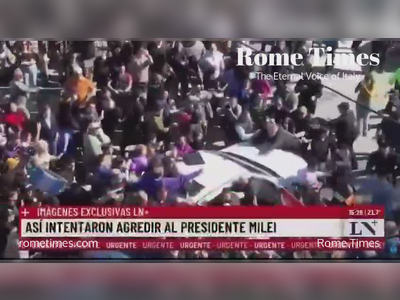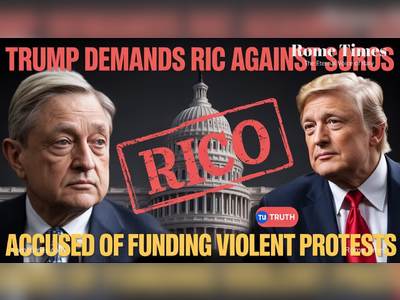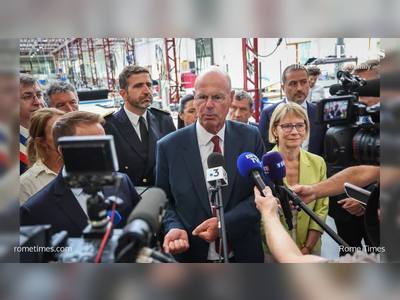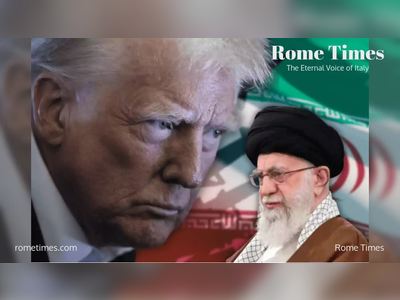French and Korean Nuclear Majors Clash As EU Launches Foreign Subsidy Probe
A heated confrontation has emerged between France’s state-owned energy titan and South Korea’s nuclear powerhouse over a major contract in the Czech Republic.
A consortium led by Korea Hydro & Nuclear Power (KHNP) secured the $18 billion deal to build two reactors at the Dukovany plant—South Korea’s largest-ever nuclear export to Europe and the Czech Republic’s most substantial public procurement initiative. The country relies on existing nuclear capacity to supply around 40 percent of its electricity and expects the new units to boost that share while aiding its transition away from coal. Construction is scheduled to begin in 2029, with initial operation projected for 2036.
France’s Électricité de France (EDF), which lost the tender to KHNP, filed a legal challenge that triggered a court injunction halting the contract signing. EDF has raised concerns over procedural fairness and alleged that the pricing offered by KHNP may indicate unfair advantage due to state subsidy. The French firm has also lodged a complaint under the EU’s Foreign Subsidies Regulation (FSR), prompting the European Commission to urge Prague to delay concluding the contract.
The European Commission, citing “significant indications” that KHNP benefited from state aid with potential to distort the EU’s internal market, formally requested postponement of the deal under the FSR framework. Brussels emphasized that enforcing the regulation is a legal necessity, not a politically motivated intervention.
KHNP has firmly denied any receipt of subsidies or promises thereof, stressing that the tender process complied with regulations and preceded the FSR’s effective date. The company remains confident in the legitimacy of its bid and has signaled willingness to defend it in court.
In response, a Czech regional court issued a pre-emptive ruling preventing contract signature, citing EDF’s legal appeal. The government and the national utility ČEZ have insisted the process was transparent and fair, while also warning that delays risk undermining Czech energy policy.
Today, the deal stands in legal and regulatory limbo. The resolution will shape not only Czech nuclear policy but also test the EU’s ability to enforce subsidy rules in high-stakes infrastructure projects.
Global Perspective This confrontation exposes tensions within the EU over state-backed competition. While the bloc seeks energy autonomy and sustainability, it must also enforce fair competition rules—even when state actors are involved. The outcome may set precedents for how the EU handles foreign subsidies in critical sectors amid geopolitical and industrial rivalry.










